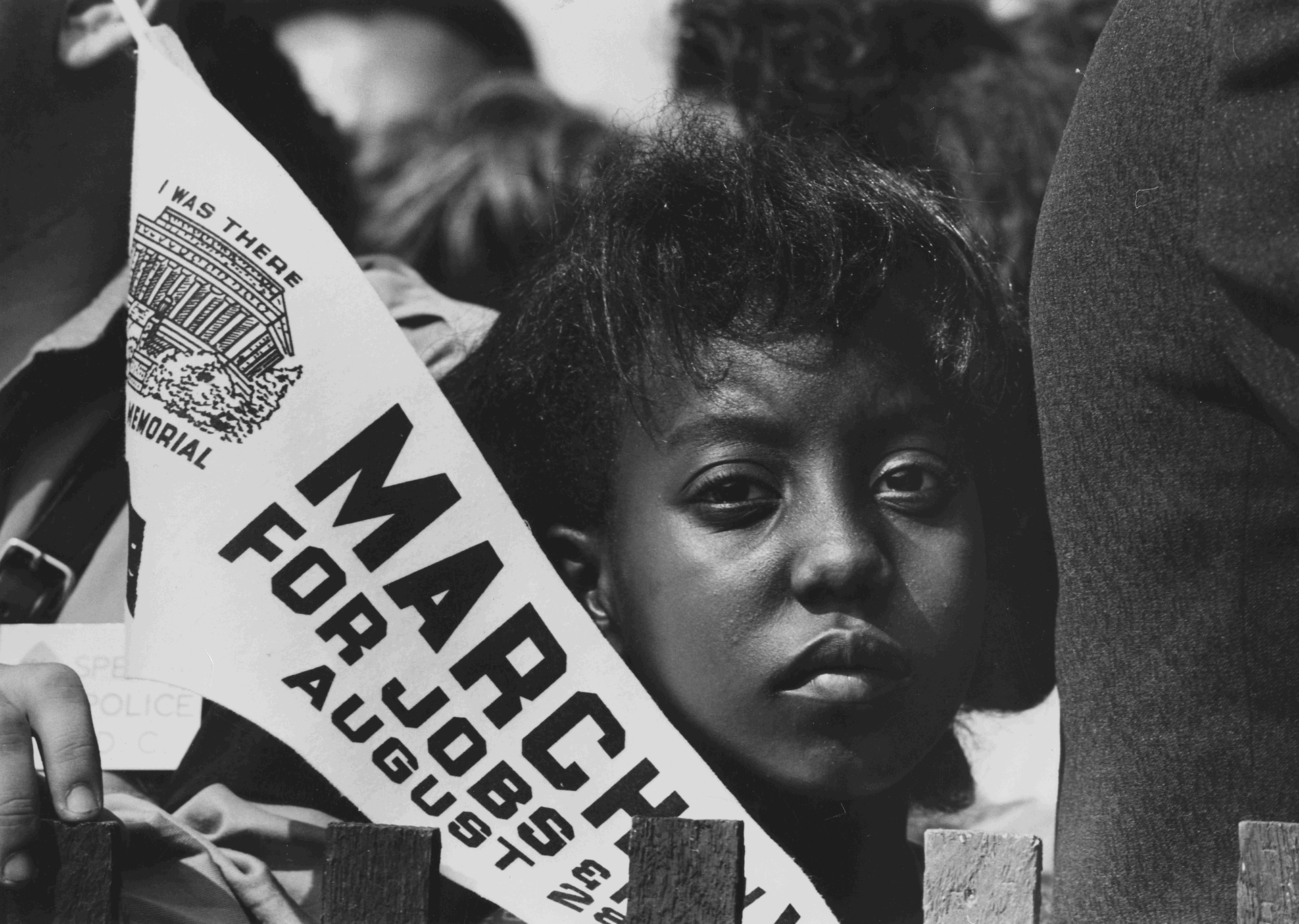Since attending Kathleen Cleaver’s talk a couple of weeks ago, one point she made has stuck with me: the adoption of Black Power across the world. She mentioned, multiple times, that she would run into people in other countries wearing t-shirts emblazoned with the Black Power fist and captioned in their own language. In India, the lower castes picked up the tenets of the Black Panther Party for their own fight for liberation. Cleaver seemed to love that the idea of Black Power empowered oppressed people all over the world. Black Power didn’t call for radical changes completely unique to African Americans. It presented a solution to end inequality for anyone who was oppressed.
I think the dissemination of an ideology like this is powerful. People can find a common cause with each other, no matter how many miles or oceans separate them. And I believe that it’s this kind of cause–fighting for equality and justice–that makes the Civil Rights and Black Power Movements stand so strongly in history. They will always be relevant because they fought for something that all societies have experienced and will continue to experience, unfortunately, for many years to come.
After finishing Remaking Black Power and in my own research for the final paper, I have seen other examples of ideologies spreading across borders. From feminism to socialism, ideologies that present a solution to suffering will find support all around the globe, regardless if they were initially created to rally a specific group of people.
Near the end of her talk, someone asked Cleaver what it takes to be a Panther. She said, “You need arms, legs, a brain, and a heart full of anger and hope.” This paired nicely with her discussion on Black Power’s global impact. As long as one is able and ready to change the world, everyone is welcome in the fight for equality and freedom.
